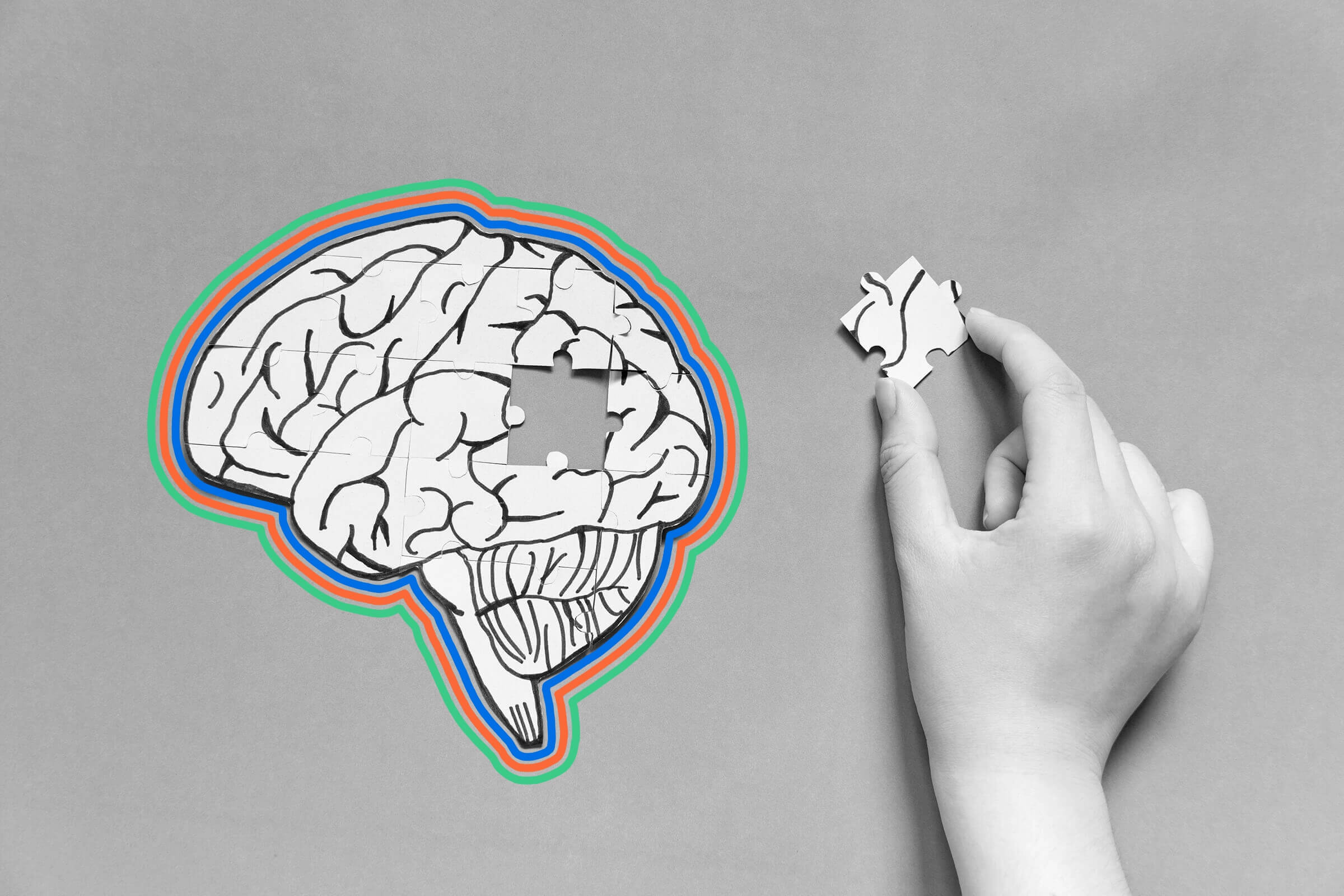

We all have them, yet our bodies are often a source of mystery. Some biological functions truly are perplexing — we still don’t know exactly why we dream or why we cry when we’re emotional, for example. But others have given rise to persistent myths, despite decades of debunking by scientists. Here are just a few common beliefs about the human body that you might be surprised aren’t true.
Myth: We Have Five Senses

In the fourth century BCE, Aristotle identified five — and only five — senses: sight, smell, taste, hearing, and touch. Over the past 2,000 years, though, we’ve learned much more about our ability to perceive and process our surroundings. Some researchers have suggested we have 21 or more senses based on the types of receptors contained in our sensory organs. For example, we have mechanoreception, which includes the sense of balance; perception of hot and cold temperatures; receptors to taste bitter, sweet, salty, sour, and umami flavors; and even interoceptors for sensing blood pressure and lung inflation.
Myth: You Can’t Regrow Brain Cells

Humans are born with about 100 billion brain cells. Until the 1990s, most scientists believed 100 billion was all we’d ever have. Growing new neurons would interrupt communication among our existing brain cells and short-circuit the whole system — or so the theory went. Then, a 1998 study found evidence that humans could generate new cells in the brain’s hippocampus, an area associated with learning and memory. More recent studies have largely supported the idea, and suggest that we might be able to make up to 1,500 neurons a day. Though research continues, neurogenesis is good news: Growing fresh neurons may make our brains more resilient against Alzheimer’s, depression, anxiety, and other disorders.
Myth: Speaking of Brains, We Use Only 10% of Them at a Time

Maybe you’ve heard peppy TED Talk speakers say that our brains have limitless potential… if only we could employ them to their fullest extent. They might have been referring to the myth that we use just 10% of our brain power at a given time. This old chestnut probably grew from a 1907 article for the journal Science by William James, one of the founders of modern psychology. “Compared with what we ought to be, we are only half awake… we are making use of only a small part of our possible mental and physical resources,” he wrote. Dale Carnegie cited James in How to Win Friends and Influence People, his 1936 self-help bestseller. Eventually, someone — it isn’t clear who — claimed we were ignoring 90% of our mental powers. But there’s no scientific basis for the belief.
Myth: You Need to Drink Eight Glasses of Water a Day to Stay Hydrated

Mild dehydration can make you sluggish and dizzy, while a serious case can lead to organ damage. But there’s little evidence to suggest that eight 8-ounce glasses of water per day is the ideal amount to maintain health. This well-known myth likely arose from a 1945 government health bulletin, which claimed that “a suitable allowance of water for adults is usually 2.5 liters daily … Most of this quantity is contained in prepared foods.” Over time, people overlooked that second sentence and assumed the guidelines called for 2.5 liters per day in addition to water contained in foods. Today, dietitians say that the optimum amount of water intake per day varies from person to person, but that most of it should come from food sources like fresh fruits and vegetables.
Myth: You Shouldn’t Swim on a Full Stomach

You’ve probably heard adults admonish kids to wait a half-hour (or longer) after a meal before jumping back in the pool. Generations of people have believed that, soon after eating, blood is diverted from the limbs toward the gut to aid digestion. Swimming too soon would supposedly cause your stomach or extremities to cramp up, which could lead to drowning. In 2011, the Red Cross published a thorough investigation of the scientific literature and found no link between eating and drowning, concluding that “food intake restrictions prior to swimming are unnecessary.” On the other hand, you may want to wait for your lunch to settle before trying that backflip off the diving board.
Myth: You Can Catch a Cold From Cold Weather

Low temperatures alone can’t make you sick — you’re going to need a virus for that. The pervasive sense that cold weather causes colds stems from a few coinciding factors. One, viruses that cause the common cold are more active and resilient in winter in many parts of the world. Two, cold temperatures outside keep more people inside, where you might pick up someone else’s virus (and indoor heating can dry out your sinuses, making it easier for viruses to invade). Three, cold weather may also slow down your normal immune responses. All of these scenarios add up to a greater risk of being exposed to a virus that has a better chance of making you sick.
And while we’re on the topic, the myth that you should feed a cold (and starve a fever) probably arose in the medieval era, when people “treated” colds by raising a patient’s body temperature with hot meals. People also believed that fevers could be “cooled down” by depriving the body of food. In fact, bodies fighting both kinds of illnesses need proper nourishment, as well as rest and fluids.
